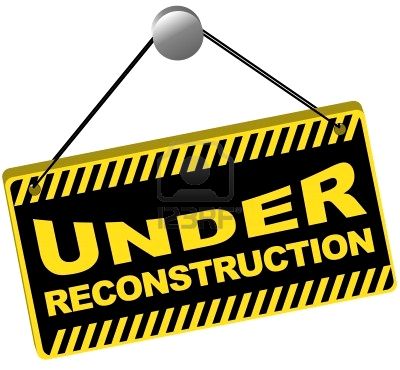
URBAN GROUNDWATER
NETWORK (IAH-UGN)
IAH CGUA - EVENTS
The activities of the Commissions are many and varied, and are entirely determined by the members. They include meetings and workshops, collaborative research, education, data and technology exchange, and last, but by no means least, the publication of research and technical material. In some cases Commission activities are carried out jointly with other organisations such as UNESCO.
Past Events and Activities |
|
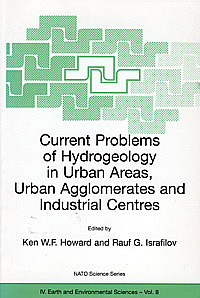 |
An Advanced Research Workshop sponsored by CGUA and funded by NATO, entitled, "Current Problems of Hydrogeology in Urban Areas, Urban Agglomerates and Industrial Centres" was held in Baku, Azerbaijan, May 29th and June 1st, 2001. It was attended by over 30 invited participants, many members of IAH CGUA. Details can be found at . The workshop has resulted in a 500 page manuscript expected to be published by Kluwer during 2002 (eds. Howard, K.W.F. and Israfilov, R.). The editorial committee included long-time Commission members, John Tellam, Mike Barrett and Brian Morris. |
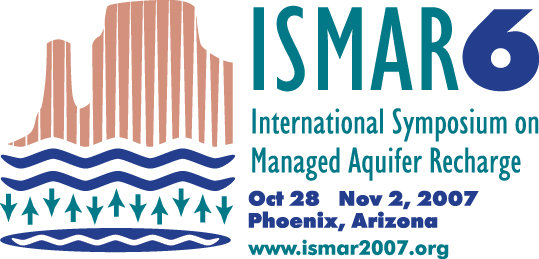 |
A Working Group on Artificial Recharge (organisers Ivan Johnston and Peter Dillon) was temporarily resident in the Commission. This is now a fully-fledged Commission of its own: COMMISSION ON MANAGING AQUIFER RECHARGE Chairman: Peter DILLON, Australia E-mail: Peter.Dillon@csiro.au Homepage: http://www.iah.org/recharge |
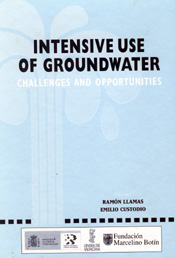 |
A chapter on Intensive Groundwater Use in Urban areas: the case of megacities was prepared for inclusion in a book published by Ramon Llamas and Emilio Custodio entitled: Intensive Groundwater Use: Challenges and Opportunities (2003).The main aim of this book is to contribute to a more transparent objective, and unbiased information on the pros and cons of intensive groundwater development, based on the experience in many countries during the last decades. |
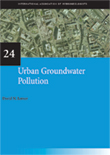 |
David Lerner's state-of-the-art review on "Groundwater contamination due to urban development" for the UNESCO IHP-V Project 3.4 has now been published |
 |
A number of Commission members contributed to a NATO funded workshop in Tyrkey leading to: Synopsis: Groundwater Dependent Ecosystems (GDEs) frequently exhibit rich biological diversity and can provide enormous economic wealth. In recent years, GDEs in many industrialized countries have shown signs of serious degradation, primarily the result of groundwater abstraction and pollution. Many such systems, including a number of well documented cases in Eastern Europe, are no longer sustainable. As a consequence, the conservation and sustainable management of GDEs has emerged as one of the most urgent environmental research priorities of our time. A large percentage of the world's population lives in cities and either depends on, or is affected in some way, by groundwater. Moreover, groundwater has become a very important and complex issue that attracts the interest of many diverse stakeholders. Many problems related to groundwater and ecosystems are shared by countries throughout the world and there is growing recognition that much can be gained by co-operation on an international scale. This is no time to be complacent and it is critical that key problems be identified, that the potential consequences of these problems be understood, and that the development of solutions begins urgently. Important data gaps must be recognized and filled without delay |
 |
In recent years, several members of CGUA have developed an excellent working relationship with UNESCO. IHP-VI began January 1st 2002, and offers considerable opportunity for even closer ties particularly with regard to UNESCO's developing program on Urban Water. Meetings have been held with UNESCO to discuss possibilities. In the short-term CGUA plans to establish a formal link with the new, UNESCO-sponsored Regional Center on Urban Water Management in Tehran, Iran. |
